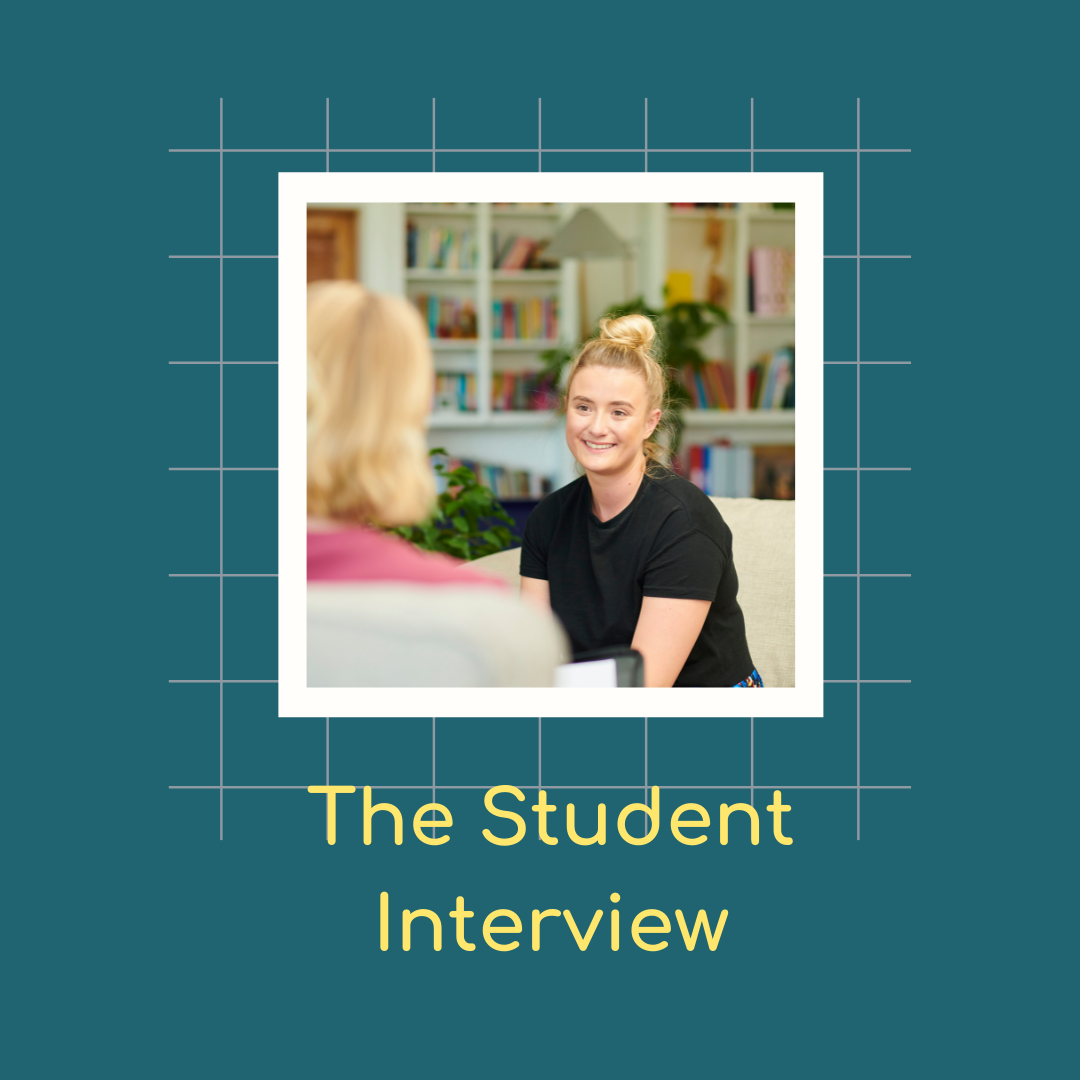Hands up if you have a high school junior at home who is about to embark on their college essay journey and is furiously contemplating what to write!
While this can be a daunting process for many, at KQ, we remind our college applicants that this critical piece of writing is an opportunity to showcase their individual personalities and potential, have some fun - and stand out from the crowd. That is why we advise students to invest time in crafting a solid and memorable essay that reflects the essence of who they are.
Getting started…
Here are seven helpful tips for students preparing to pen an effective college essay:
Be genuine and original: Colleges want to understand the applicant's personality. We, therefore, encourage students to write about topics they are passionate about and reflect their personalities, interests, and values.
Use a strong hook: Whether it is a personal anecdote, a thought-provoking question, or a quote, we urge students to begin their essays with a strong ‘hook’ that grabs the reader's attention from the get-go and draws them in.
Show, don't tell: Instead of simply ‘telling’ the reader about them; we counsel students to use descriptive language and vivid details to showcase personal experiences and emotions.
Be specific: We cannot stress enough the importance of illustrating individual strengths. However, we always tell students to provide concrete examples and details to support arguments and reinforce their thesis or story.
Stay focused: Going off on tangents is a major 'no-no,' so we caution students to be concise, stay focused, stick to the topic, and avoid getting sidetracked.
Edit and revise: Producing a piece that flows well and is free of errors is paramount, so we drive home the need to edit and modify the essay multiple times. We also recommend students have someone read it to provide objective feedback.
Be vulnerable: Above all, we encourage students to be unafraid of letting their voice and personality shine through.
Elements to Include
When it comes to structure, student should be mindful to include the following components in their college essay:
Introduction: Begin with a strong hook that grabs the reader's attention and provides context for the rest of the essay.
Personal story or anecdote: Share a personal story or anecdote related to the topic or theme to help the reader connect personally.
Reflection: Reflect on a personal experience or story to explain how it has influenced or shaped the writer.
Personality traits and values: Discuss individual personality traits and values that are important and how they relate to the topic or theme of the essay.
Accomplishments and achievements: Highlight some accomplishments demonstrating strengths and potential. Don’t be afraid to brag (within reason)!
Goals and aspirations: Discuss future goals and aspirations and how they relate to the topic or theme.
Conclusion: Wrap up with a firm conclusion that makes a strong impression on the reader and leaves them wanting more.
Lastly
To summarize, we constantly remind students that the key to turning out a strong college essay is to:
Dig deep, stay focused and don’t lose sight of the theme.
Find a voice: be authentic by bringing personal experiences to life.
Always demonstrate growth.
Use descriptive language: provide vivid details.
Solicit opinion: ask trusted people to provide feedback.
KQ is here to guide you!
So, if your student is looking for guidance with their college essay, email or call us. Our College Essay Specialist, Anne Connerty, has many years of expertise behind her, and is always happy to help!














